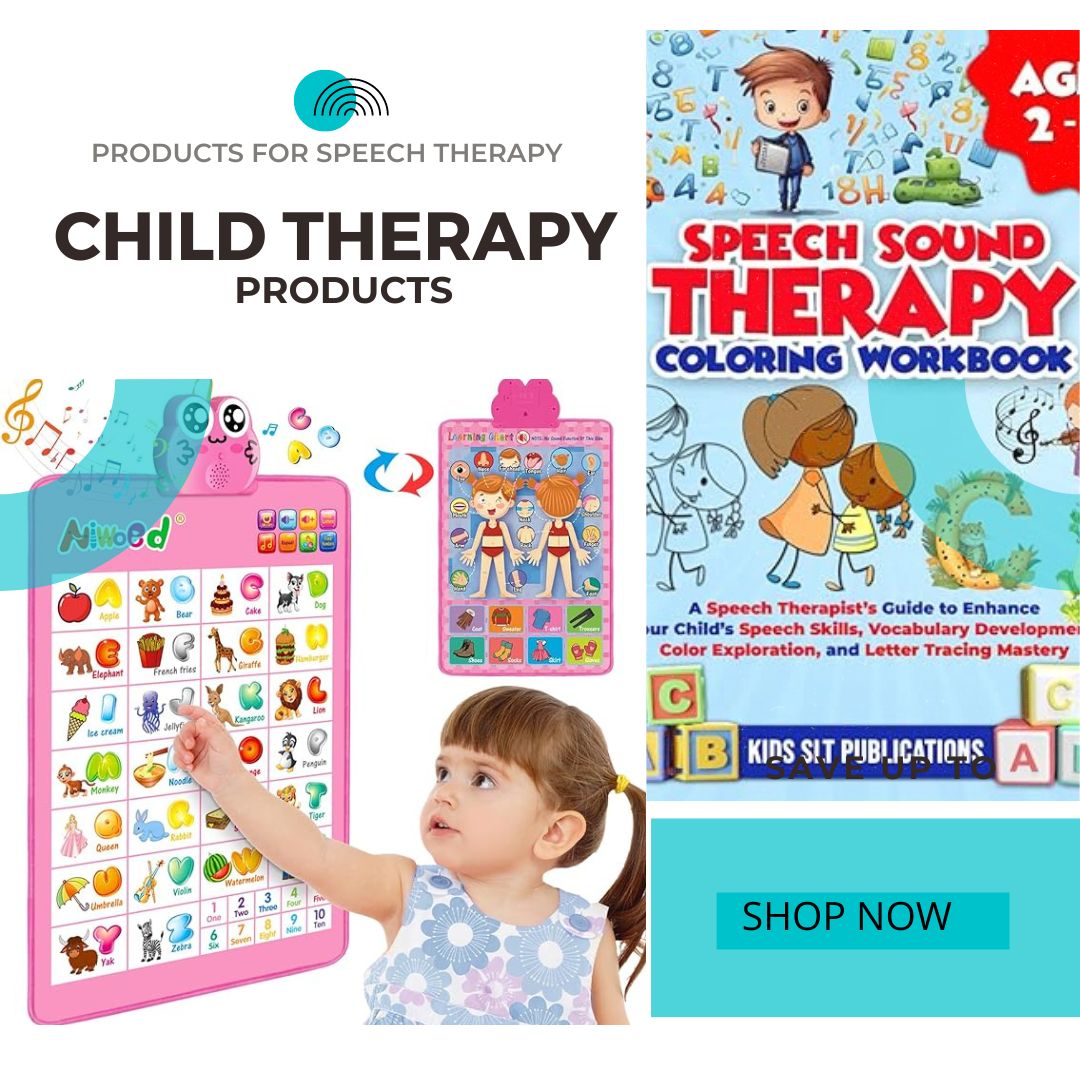Echolalia aka the repetition of words, phrases and sound heard by someone, is a communication disorder that can affect individuals across the lifespan, including adults and kids. While echolalia is commonly associated with neurodevelopmental disorders such as autism spectrum disorder (ASD), it can also occur in other conditions or as a standalone condition.
Speech therapy offers a promising avenue for treating echolalia in adults, enabling them to enhance their communication skills and engage more effectively in social interactions. This article explores how speech therapy approaches can be employed to address echolalia in adults, promoting meaningful and functional communication.
What is Echolalia : Meaning, Definition
Echolalia is a complex phenomenon that involves the repetition of words, phrases and spoken by others.
It is a Greek word where Echo means repeat and Lalia mean speech.
It can be immediate, as in repeating immediately after hearing the word or sound, or delayed, which means that you would repeat the word or sound some hours or days later.
In adults, echolalia can manifest in various ways, such as immediate repetition (echoing words immediately after hearing them) or delayed repetition (repeating words or phrases after a time lag).
While echolalia can be an adaptive behavior in certain situations, such as in language acquisition or when seeking clarification, it can hinder effective communication if it becomes excessive or involuntary.
Here Purple Ella aka Ella Tabb explained it in detail | Watch video now:
Most common Echolalia example
So now if you would like know some examples of echolalia then here they are:
Suppose you asked someone, “hey how are you?” and in reply you got “hey how are you?” then it is an example of echolalia.
Another popular example is the repetition of movie sound, any tune, dialog, or song like Bella Ciao song while communication each and every time then this is a clear sign of person is dealing with echolalia.
What causes Echolalia in adults?
There are a multiple reasons why Echolalia occurs, but the most common Echolalia causes in adults are:
- A stroke,
- Brain injury,
- Head injury,
- Trauma, and
- Mental illness
What does Echolalia look like in adults?
So you can judge it very quickly… if you notice a person is repeating the words and sound again and again and instead of answering he/she asking question then this indicates that the person has Echolalia.
This is normal if persona is doing it occasional like once in a week but the repetition of word is frequent each day each time, then seek advise from a speech therapist.
Treatment Approaches in Speech Therapy
Speech therapy provides a structured and evidence-based approach to address echolalia in adults. Here are some key strategies employed by speech-language pathologists (SLPs) in treating echolalia:
#1. Functional Communication Training (FCT)
FCT focuses on teaching alternative and more meaningful ways of communication.
SLPs work with individuals to identify their functional communication needs and develop appropriate strategies to meet those needs. This may involve teaching specific vocabulary, gestures, or using augmentative and alternative communication (AAC) systems.
#2. Prompting and Cueing
SLPs use various prompts and cues to help individuals reduce echolalic responses and encourage more independent and spontaneous communication. These prompts can include visual cues, verbal cues, or physical cues, depending on the individual’s needs and preferences.
#3. Scripting and Social Stories
SLPs employ scripted language and social stories to facilitate understanding and appropriate responses in different social contexts. By practicing and internalizing appropriate scripts, individuals can learn to use language more purposefully and effectively.
#4. Conversation and Social Skills Training
Speech therapy often incorporates structured activities and role-playing exercises to enhance conversational skills and social interactions. SLPs help individuals develop strategies such as turn-taking, topic initiation, and topic maintenance, promoting more meaningful and reciprocal communication.
#5. Generalization and Maintenance
SLPs focus not only on treatment sessions but also on supporting individuals to generalize their communication skills to various real-life situations. Strategies for maintaining progress and adapting communication strategies in different environments are also emphasized.
Benefits and Considerations
Speech therapy offers several benefits in treating echolalia in adults. There are some proven benefits, check the list below:
- It helps individuals develop functional communication skills,
- enabling them to express their needs, thoughts, and emotions effectively.
- Improved communication can enhance their quality of life, relationships, and participation in various settings, including work, community, and social contexts.
It is important to recognize that progress may vary for each individual, and the treatment approach should be tailored to their specific needs and goals. Factors such as the severity of echolalia, underlying conditions, and individual differences influence the effectiveness of speech therapy.
Collaboration among SLPs, individuals with echolalia, and their support networks, such as family members and caregivers, is crucial for successful outcomes. Consistency and practice outside therapy sessions also play a significant role in reinforcing new communication patterns.
Final Words
Echolalia in adults can have a substantial negative influence on both their ability to communicate and their ability to interact socially. However, speech therapy provides a variety of ways to treat echolalia and to improve the patient’s ability to engage in effective conversation.
Speech-language pathologists give people who have echolalia the ability to communicate more effectively by teaching them techniques such as functional communication training, prompting and cueing, scripting and social stories, conversation and social skills training, and focusing on generalization and maintenance.
Individuals are able to overcome communication hurdles, improve their level of independence, and actively participate in all aspects of life when they are provided with the proper intervention, which in turn fosters a stronger sense of connection and well-being for them.



